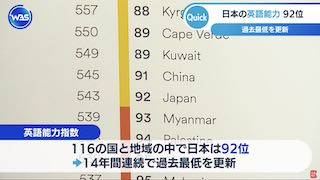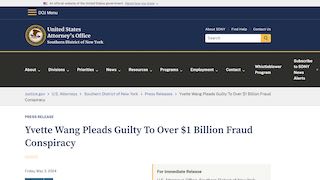TOKYO, Mar 26 (News On Japan) - In an upcoming shift titled "Work Style Reform for Physicians," set to commence next month, a cap on overtime hours will be introduced for doctors. However, there's a catch: hours spent on overnight duty won't be counted as work time, raising questions about the effectiveness of these changes.
Koichiro Ichihara, a 45-year-old gastroenterologist at a general hospital in Saitama City, starts his day before 9 a.m., diving straight into patient consultations.
"I'd like to schedule an endoscopy," says Dr. Ichihara, while also mentoring trainee doctors and handling emergency calls.
From the moment he arrives, Dr. Ichihara is continuously busy with outpatient consultations, emergency patients, and endoscopic examinations until his shift ends at 5:30 p.m. Yet, his day doesn't end there; he begins his overnight duty, which continues into the next morning.
During these overnight shifts, he juggles emergency patient care and sudden changes in hospitalized patients' conditions, squeezing in meals and naps when possible.
"After an overnight duty, I work a full day before going home. Lack of sleep can lead to mistakes, so I try to avoid any treatments or procedures that might be too demanding," Dr. Ichihara explains.
Interestingly, these overnight hours are not officially considered work hours due to hospitals obtaining "overnight on-call permits."
With the introduction of regulations limiting the overtime and holiday work hours of medical practitioners to a maximum of 960 hours annually next month, more hospitals are seeking these permits.
"We understand that even during overnight duties, any time spent attending to patients counts towards working hours. However, there are strategies to keep within the 960-hour limit," states Jo Fujioaka, director of Sainokuni Higashiomiya Medical Center.
In an effort to significantly reduce doctors' workloads, the hospital is also advancing "task shifting" to other trained professionals, like having clerical staff handle medical record entries or nurses adjust ventilators during surgeries.
"It's crucial to limit working hours to protect our health as doctors," asserts Dr. Ichihara.
Experts, such as lawyer Yuko Araki, who specializes in physician labor issues, argue for stricter enforcement of overnight on-call permits. "Labor standards offices should thoroughly check if the actual work situation meets the criteria for overnight on-call permits. Without reducing working hours, achieving the real goals of work style reform will be challenging."
Effective reforms are demanded to safeguard both the health of physicians and the safety of patients.
Source: TBS















